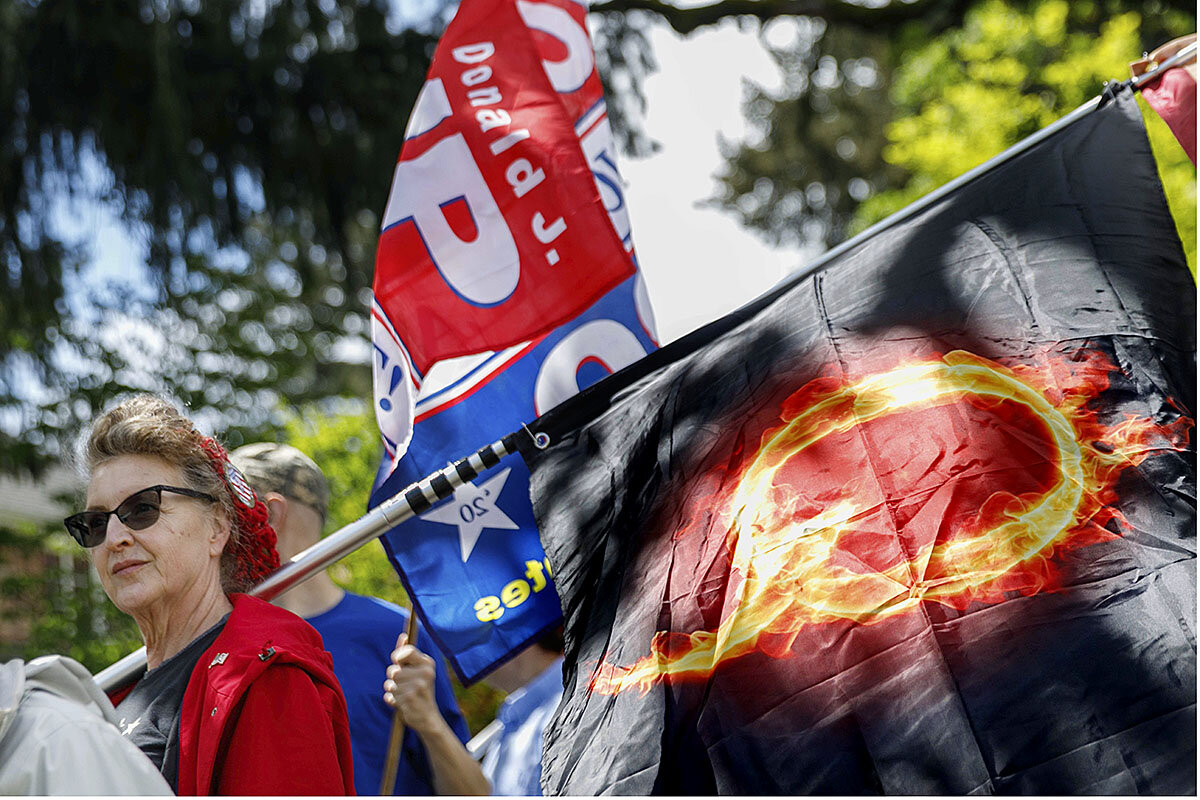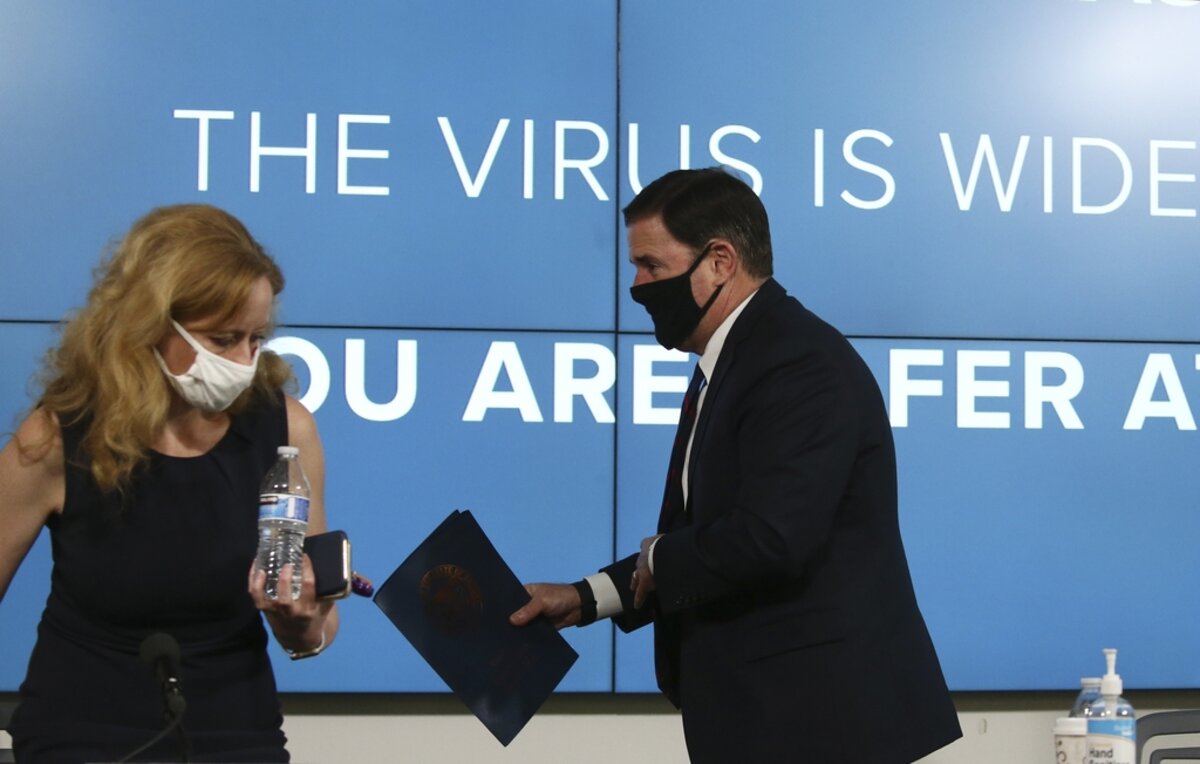How do you play to the middle in a time of intense polarization? GOP senators in North Carolina and beyond are struggling to find common ground between staunch Trump supporters and those who have become disillusioned by his presidency.
Monitor Daily Podcast
- Follow us:
- Apple Podcasts
- Spotify
- RSS Feed
- Download
 Noelle Swan
Noelle Swan
For more than a century, he’s been remembered as the “patron saint of the American wilderness.” But today, the legacy of John Muir faces new scrutiny, as the Sierra Club grapples with its founder’s derogatory remarks about Black and Indigenous people.
On Wednesday, the 128-year-old organization announced that it is embarking on a new chapter that pledges to take both a more nuanced look at its past and a more equitable look toward its future.
Today, it is widely understood that communities of color bear a disproportionate environmental burden when it comes to pollution.
“Given the nature of how our society is structured, America is still segregated and so is pollution,” says Robert Bullard, professor of urban planning and environmental policy at Texas Southern University in a phone interview.
But when Professor Bullard, known as the father of environmental justice, first drew attention to the intersection of race and the environment, he had trouble gaining traction with established organizations.
“Most environmental groups saw the issues that we were dealing with as social issues,” he says. “But breathing is not a social issue. Clean water is not a social issue.”
In recent years, environmental organizations have taken steps to include people of color on staff and on leadership committees, says Professor Bullard. But so far that diversification hasn’t extended to funding. “The economic justice part is where we need to make inroads in 2020 and beyond,” he says.
After 40 years of clamoring for investment in environmental justice, Professor Bullard might be forgiven for losing hope. Yet in the current moment he sees potential for real change.
“I see this as a great opportunity to make a great leap forward,” he says. “Not just a baby step, but a great leap.”










